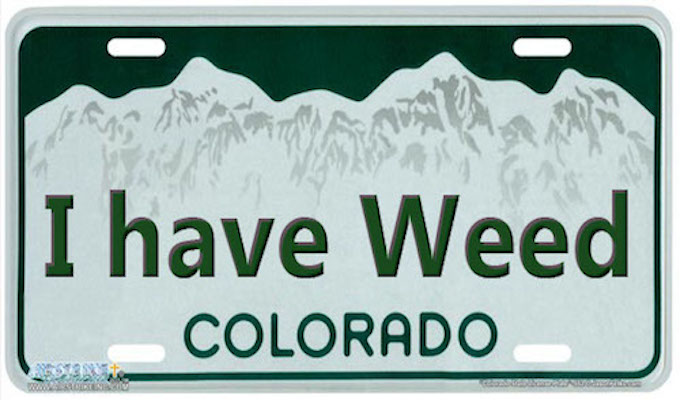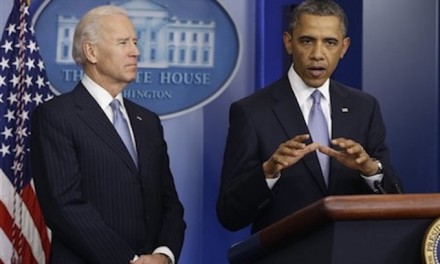During Thursday’s Democratic presidential debate, former Colorado Gov. John Hickenlooper bragged about pot. His state was first to legalize it for fun, under his watch.
Colorado is not just first; it is the most cavalier. The state went far beyond decriminalization. Like no other North American jurisdiction, voters amended the constitution to establish and protect a full-fledged commercialized industry. No matter which other states legalize, Colorado will forever hold the brand of the 20th century’s pot liberation movement.
Hickenlooper wisely opposed legalization, years before White House ambitions changed his views. Today, he wants credit for an insidious policy flop misrepresented as “successful” by the propaganda of a booming pot industry.
New studies show the super-high THC content in today’s marijuana quadruples the risks of severe psychotic breaks among users, especially children. Without exception, leaders in law enforcement tell us commercialization has caused more problems with teens, homelessness, more traffic deaths and an influx of foreign criminal cartels.
A New York Times story Sunday paraphrased far-left Denver City Councilwoman Candi CdeBaca complaining of marijuana businesses concentrating in her district’s Hispanic and low-income neighborhoods.
The latest cry for sanity comes in a National Public Radio interview with George Brauchler, district attorney for Colorado’s 18th Judicial District. Brauchler told NPR how Colorado’s black market is more robust than ever. He blames legalization.
During the campaign for Amendment 64, which created the structured pot transactions, advocates said the law would eliminate the black market. On the surface, this was easy to believe. Buyers and sellers would no longer hide activities deemed lawful.
It is nowhere near that simple, of course. The state regulates the number of plants one can grow. It taxes sales. It forbids the exportation of marijuana out of Colorado. It regulates, at the federal government’s insistence, to respect other states and protect public safety and health.
Criminal sellers and producers do not like regulations and taxes. They desire to produce the drug here, in unlimited quantities and sell it all over the country. They choose Colorado to minimize risks.
“They hide in plain sight here,” explains El Paso County Sheriff Bill Elder, who oversees Colorado’s largest sheriff department.
Elder says foreign cartels and other black market operatives have an immediate advantage in Colorado. The naked eye cannot distinguish illegal plants and products from those that are legal. Furthermore, the courts pose a nominal threat.
“For those who do grow illegally, sentencing is lenient,” explains the NPR story.
Elder said black market pot production was scarce in Colorado, before Amendment 64.
“Back then, if we found one grow it was a big deal,” Elder said. “We did not find them very often. It was nothing like today.”
Elder said the low risk-reward ratio has nearly ended the trafficking of pot from south of the border. It is easier to produce it here and sneak it into other states, where customers pay premiums.
As Elder describes it, pot legalization has exacerbated problems with other drugs.
“The foreign smuggling routes, having lost marijuana to Colorado, have turned to smuggling more methamphetamine, heroin and cocaine,” Elder said.
Elder’s department finds cartels grow marijuana in rental houses throughout Colorado Springs. This, of course, reduces housing stock for low-income families and the homeless.
His department busts grow operations in farm buildings spread across the vast expanse of rural plains east of the city. His department cannot make a dent in closing them all.
“We’re finding a predominant number of operations run by Cuban nationals from Florida, sent here to grow and export marijuana,” Elder said. “We’ve seen a lot of Laotian-run operations. Some are Mexico-based traffickers, but they are not as common as those from Cuba and Laos.”
Other states have good reason to resent Colorado, as cartel pot pours across their borders like never before.
Our friend and former governor can take all the credit he wants for Colorado’s embarrassing and dangerous marijuana free for all. It could make him the cool hipster in a party edging left of Chairman Mao.
By owning Colorado’s pot problem, Hickenlooper assumes at least partial blame for a doubling in pot-related traffic deaths; addiction and psychotic breaks from reality; a growing homeless population; the highest teen pot use in the country and an explosion in criminal cartels. He should run on something else.
___
(c)2019 The Gazette (Colorado Springs, Colo.)
Visit The Gazette (Colorado Springs, Colo.) at www.gazette.com
Distributed by Tribune Content Agency, LLC.
—-
This content is published through a licensing agreement with Acquire Media using its NewsEdge technology.



















Recent Comments